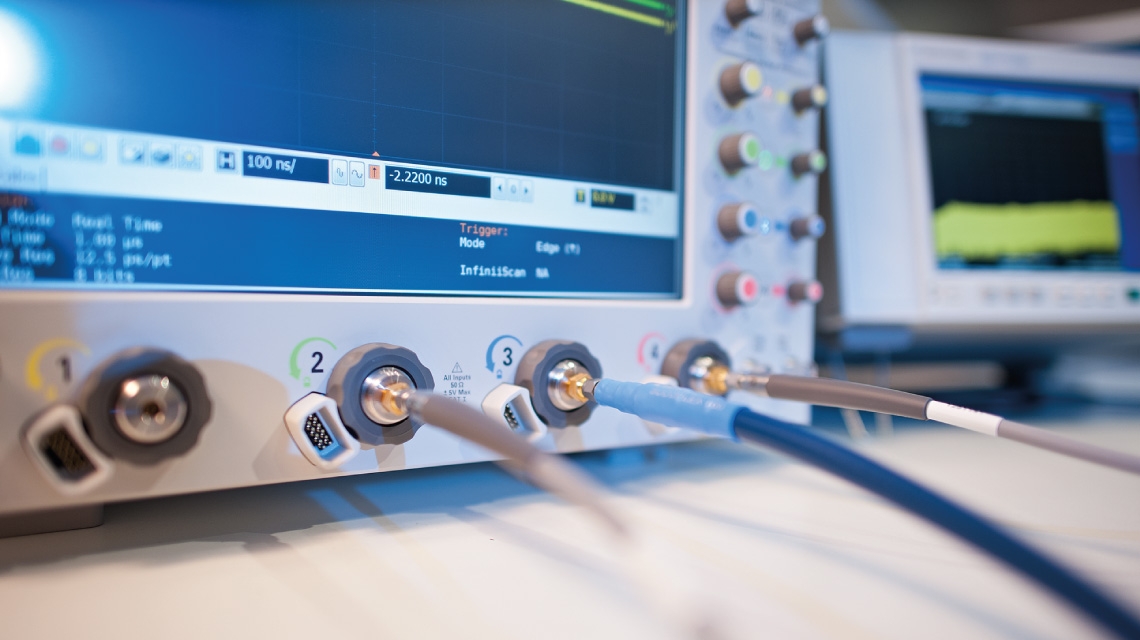
Being able to monitor what is happening in a given place at a given moment – be it in a heart, an oil well or a mine shaft – can make all the difference between business as usual and a catastrophe.
But the places that are often most in need of monitoring are the hardest to access. Simple video cameras, microphones, or basic electronic testing methods are not always an option.
There is good reason, then, to build systems that incorporate smart sensors that can recognise and diagnose day-to-day and perhaps minute-to-minute changes – contamination in a water network, for example – and act to counter such changes when necessary.
Integrated optical devices offer an enormous potential for miniaturised sensing. That is where the cutting edge of photonics is most promising.
Photonics is the science of generating, transmitting, controlling and detecting light.
There has been great interest in photonics sensor applications for water, biological and environmental sensing, chemical agent and biological threat detection.
Optical sensing tools for chemical and molecular detection are used extensively for drug development, in many areas of biochemistry research, and in food safety and chemical sensing.
In tiny silicon photonic chips, nano-scale devices many times smaller than a human hair use light signals and lasers to monitor variables such as chemicals, heat, radiation and pressure, as well as transmit and receive data.
Researchers at the Masdar Institute are working to develop a cost-effective, ultra-compact and sensitive sensing structure that integrates electronics and photonics in a single, tiny silicon chip that is orders of magnitude smaller than the chips now available.
With this research, we hope to contribute to the ongoing development of the UAE’s growing semiconductor sector.
The interdisciplinary and collaborative nature of the research will also help to develop the UAE’s human capital by nurturing and training the next generation of technical experts and innovators.
Dr Mahmoud Rasras is an associate professor of microsystems engineering at the Masdar Institute of Science and Technology.